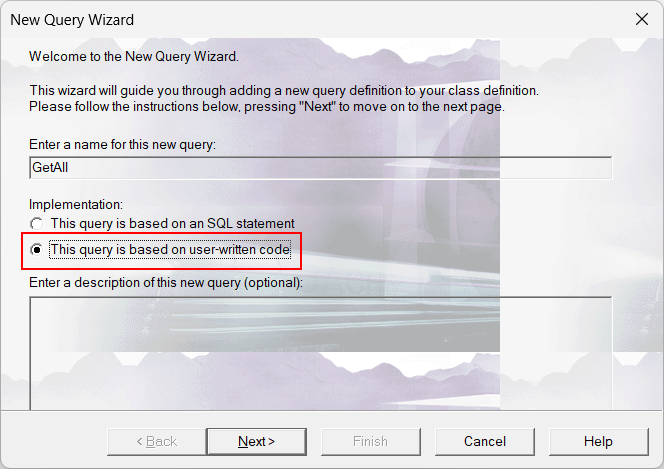Hi folks!
Sometimes we need to import data into InterSystems IRIS from CSV. It can be done e.g. via csvgen tool that generates a class and imports all the data into it.
But what if you already have your own class and want to import data from CSV into your existing table?
There are numerous ways to do that but you can use csvgen (or csvgen-ui) again! I prepared and and example and happy to share. Here we go!

.png)
